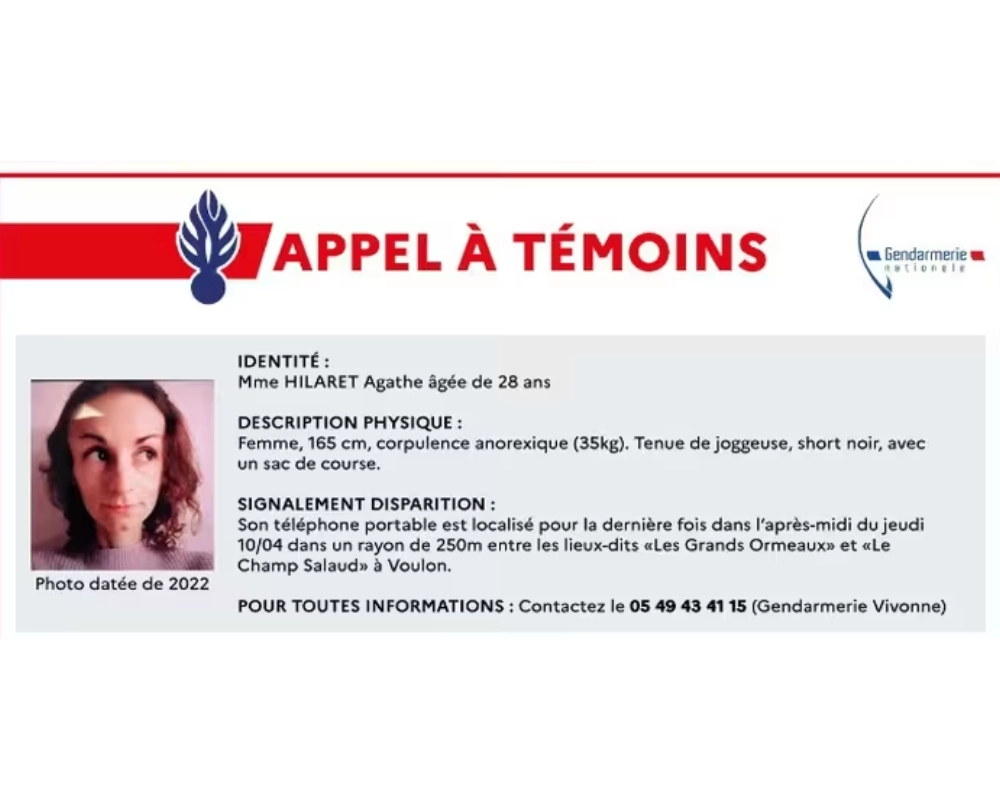Recent analyses by the Santé Avenir Environnement association have highlighted an alarming situation: traces of pesticides, some of them banned, have been detected in children living near agricultural plots around La Rochelle, a region affected by an upsurge in pediatric cancers.
Exposure to pesticides
The analyses, revealed on October 12, show that chemical substances were found in the hair and urine of 72 children aged 3 to 17. These children live in six communes on the Aunis plain, close to agricultural fields.
During the “Appel de La Rochelle”, a march to demand the abandonment of synthetic pesticides, the association presented its findings. Laurence Huc, an INRAE and INSERM scientist, explains: “We wanted to measure children’s exposure to various chemical substances.
Worrying results
The analyses reveal the presence of 14 different molecules in urine, with an average of 1.8 per child. These substances included :
– Pentachlorophenol (PCP), an insecticide present in almost 50% of children.
– Propamocarb and Phenyl-2-phenol, two fungicides found in 34.7% and 26.4% of children respectively.
Hair showed similar results, with 45 substances found, an average of 4.4 per child. The most common molecule found was an insecticide, DEET (86%), followed by piperonyl butoxide (77.8%) and a fungicide, azoxystrobin (33.3%).
Banned pesticides still present
Analyses also revealed pesticides banned several years ago, such as neonicotinoids and atrazine, banned since 2004. These substances are particularly hazardous to health, having endocrine-disrupting and neurotoxic effects.
The closer children live to fields, the higher the concentrations,” explains Laurence Huc.
Health risks
In this region, 15 cases of pediatric cancer have been reported since 2008, with two deaths. Although the association makes no direct link between pesticide exposure and these cancers, Franck Rinchet-Girollet, the association’s president, stresses that the presence of such dangerous molecules could contribute to a “harmful cocktail for health”.
Testimonials and a call to action
Parents like Nathalie, whose daughter Pauline died of cancer at the age of 15, express their anger: why do children fall ill and nothing is done? We, the parents of sick children, are the only ones fighting to make this known.
Family demands
The association is calling on the public authorities to open an inquiry and take action against the persistence of these substances in the environment, highlighting a major public health issue.





